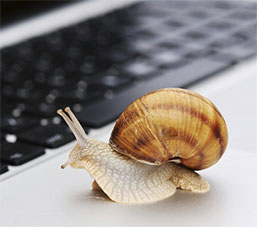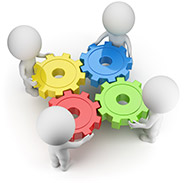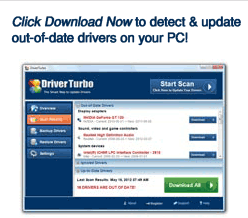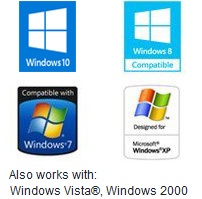 It does not matter how fast your computer is when you purchase it, eventually it is going to slow down to somewhat of a snail’s pace. You may not notice it at first, but eventually it is going to get to that point where your computer is so slow that it is going to get you rather frustrated.
It does not matter how fast your computer is when you purchase it, eventually it is going to slow down to somewhat of a snail’s pace. You may not notice it at first, but eventually it is going to get to that point where your computer is so slow that it is going to get you rather frustrated.
Thankfully it is a problem that can be easily rectified. On this page we want to share with you some of the most common reasons as to why a PC boots up slowly.
Fragmentation of Data
This is perhaps one of the most common reasons as to why a computer will boot up slowly. In its ‘default’ state the computer will have to boot up a number of programs at once. This includes the operating system. Now, when the computer is all fresh and new the data will ALWAYS be stored in a sort of ordered format.
However as time goes on it is likely that you will install new programs and delete old ones. This can create a bit of a cluttered mess on your hard drive. The result is that new programs will have to take up the space that has been freed up by deleted ones. It will basically slot into any available space that it has.
 When the computer boots up it will take a bit of effort for the programs to piece together all the fragments it has on your hard drive. In short, you are looking forward to an incredibly sluggish ‘boot up’. Thankfully this is a problem which is quite easy to rectify.
When the computer boots up it will take a bit of effort for the programs to piece together all the fragments it has on your hard drive. In short, you are looking forward to an incredibly sluggish ‘boot up’. Thankfully this is a problem which is quite easy to rectify.
Windows comes built with a ‘disk defragmentation’ utility which will allow you to ‘move’ all fragments of a particular program back together. It may take a couple of hours to run the utility. However, it is going to be more than worth it in the time saved when your computer boots up. A lot less hassle in the long run!
A Cluttered System
Hands up how many people pay attention to the amount of space on their hard drive. You know, there are very few people that do. Unless you are installing a large program you are probably blissfully unaware of how much storage space your computer has left.
This can be to your detriment as system clutter is a notorious problem when it comes to a computer runs smoothly. It is not just installed programs either. Programs that are not closed properly, or which update, or which create temporary files, all contribute to storage space being used up on the computer. Eventually you will have a problem where you have next to no free space to run programs which can eventually trim down on the speed of your system. It can be incredibly difficult for anything to run.
Perhaps the best way to clear up that cluttered system is to carry out a hard drive format. You have a couple of options at your disposal. There is a function of this nature built into Windows, or you can simply use a piece of software which has been created for this very purpose.
Too Many Programs Booting at Start Up
This is another MAJOR problem when it comes to start up speed. The more programs that load at the start of the computer, the slower it is going to be (naturally!). The problem is, most people are blissfully unaware of what is actually being added to that ‘start up’ queue. Most of the time they skip the option during installation and they do not realize it is going to happen.
Now, there is a function built into Windows which will allow you to trim this start up queue quite a lot. The problem is, it is not obvious what can actually be removed from the queue all of the time.
Sure, there are some programs which are easy to spot (you don’t need programs such as Skype or similar loading at start up if you are not planning on using them instantly). However, there are a couple of programs which have obscure file names which can be slightly more difficult to decipher. If you remove them then you could stop your computer booting completely.
Perhaps the best solution is to get a program which will allow you to manage the programs at startup. There are plenty of options out there and we do not want to name anything in particular. It will stop you eliminating the ‘vital’ pieces of software though. That is always handy.
Low Computer Memory
The final thing which could cause problems with startup is a lack of computer memory. If you know anything about computers then you will know that every program on your computer needs a certain amount of memory to run. If there is not enough memory available then it has to wait for some to become free.
This can be INCREDIBLY slow when that happens. In fact, far too little memory could cause your computer to stop running all together. You can always upgrade your memory (probably the best solution if your computer is due an upgrade) or you can look into whether there is any software on your computer which could be contributing towards low system memory.
For example viruses or malware. Some people out there will also look to use a registry cleaner to help clean up the system a little bit more.
As you can see, there are plenty of things that you can do should you be suffering from a slow system. Most of these can be carried out with a simple piece of software. Honestly, it will only take a couple of hours of your time, sometimes not even that, to get your computer running to the speeds that it had when you first purchased it.
Learn more about speeding up your PC
–> Causes of PC Slowdowns and How to Speed up Your PC



